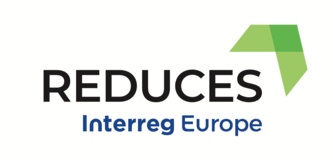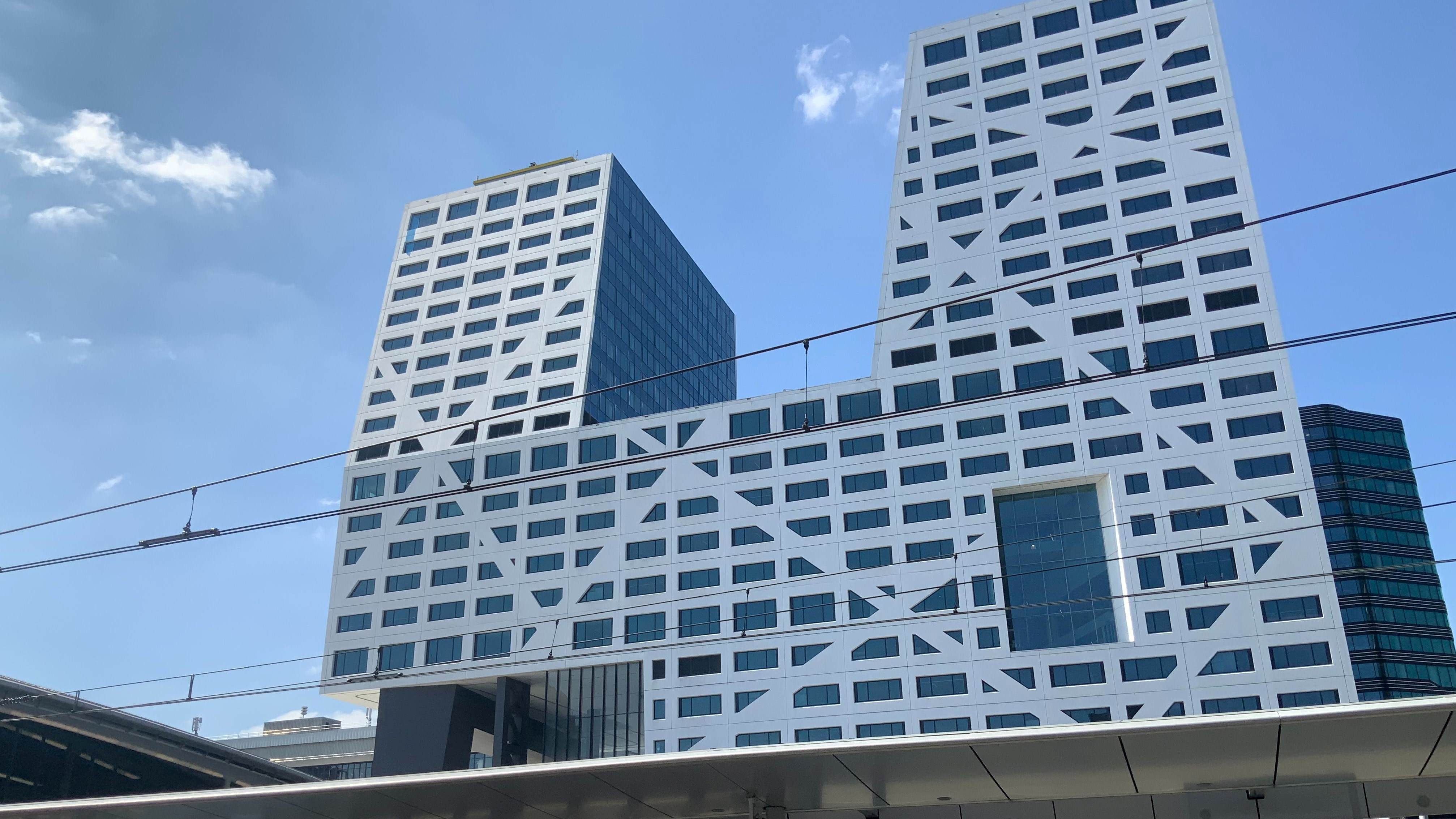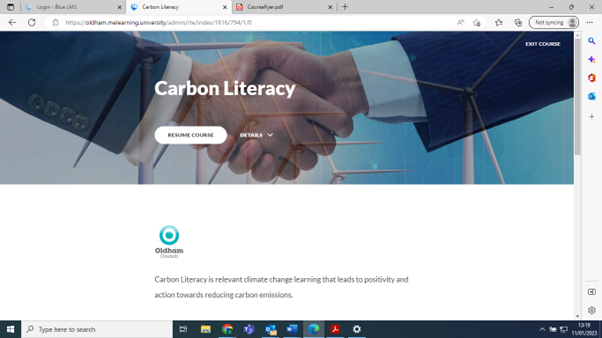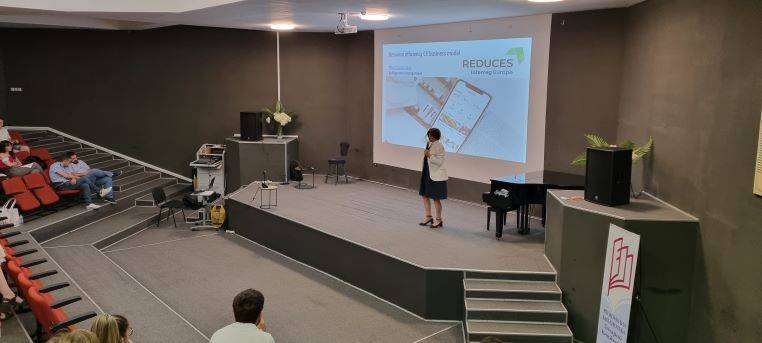We are in the middle of our project in developing ways towards sustainable circular economy business. During these past two years we have found out the state of circular economy in different parts of Europe. We have also examined and learned about good practices on five different circular business models. These good practices are gathered in study reports you will find in the library of our website. Through the reports we have evaluated the quality of the Circular Economy business cases in the context of their environmental impact, replicability and upscaling potentials. You can also dive deeper in these good practices in our website.
The aim of our project is to identify the best business models in six European regions and critically assess their climate impacts and sustainability. The result will be an action plan for each region to help influence political decision-making processes and to enable Circular Economy based business in the regions. All partners are currently focusing on developing their regional Action Plans based on the learnings from the project so far. Action plans are the core output of the project, providing details how the lessons learnt from the partner region cooperation will be implemented in order to improve the policy instrument addressed within the region. The action plan document especially specifies the nature of the actions to be implemented, their timeframe, the stakeholders involved, the costs and funding sources as well as the way the action derives from the project.
“All the background information has been gathered, status quo’s set and regional business models presented so now it’s time to carefully analyze main lessons to be taken from other regions to our own. All regions aim to develop and improve their own regional policy instruments so that Circular Economy based business will be promoted and enabled even better”, explains Jenni Suominen, lead partner of the REDUCES.
An important tool of the work has been the regular Interregional Meetings where partner regions has had the chance to share and discuss about the lessons learned. The pandemic has forced us to arrange these meetings remote but luckily, however, the meetings and the discussion have been still very successful also in online form.
Action plan peer review finalizes the learning process
At the moment we are starting to develop a framework for Action plan peer review that will be conducted in the end of the Phase I of the project. Action plan drafts will be submitted to a peer review process where each partner will review the action plans of two other regions in order to cross-examine and provide thorough feedback to finalize them. Peer review will ensure that the implemented actions are developed in high-quality and external opinion provides additional value to the work. In addition, learning from each other is also in core of Action plan peer review. Based on the review's regions can still modify and improve their action plans before the implementation and monitoring period begins.
The last Interregional Meeting is scheduled for April 2022 where Manchester leads a workshop with the aim of reflecting on action plan development and the policy learning process. Both project consortium and stakeholders relevant to action plan work wishes that we would have a chance to see each other face to face in Manchester and to have a nice ending for the first part of REDUCES.
It has been a great luck to have such an involved project group so that we have reached our goals effectively. In the upcoming blog posts we are going to share best parts and more information about the action plan development work conducted in the regions. Together we make a change!
Jenni Suominen, REDUCES content manager
Turku University of Applied Sciences
Marketta Virta, REDUCES communication manager
Turku University of Applied Sciences











